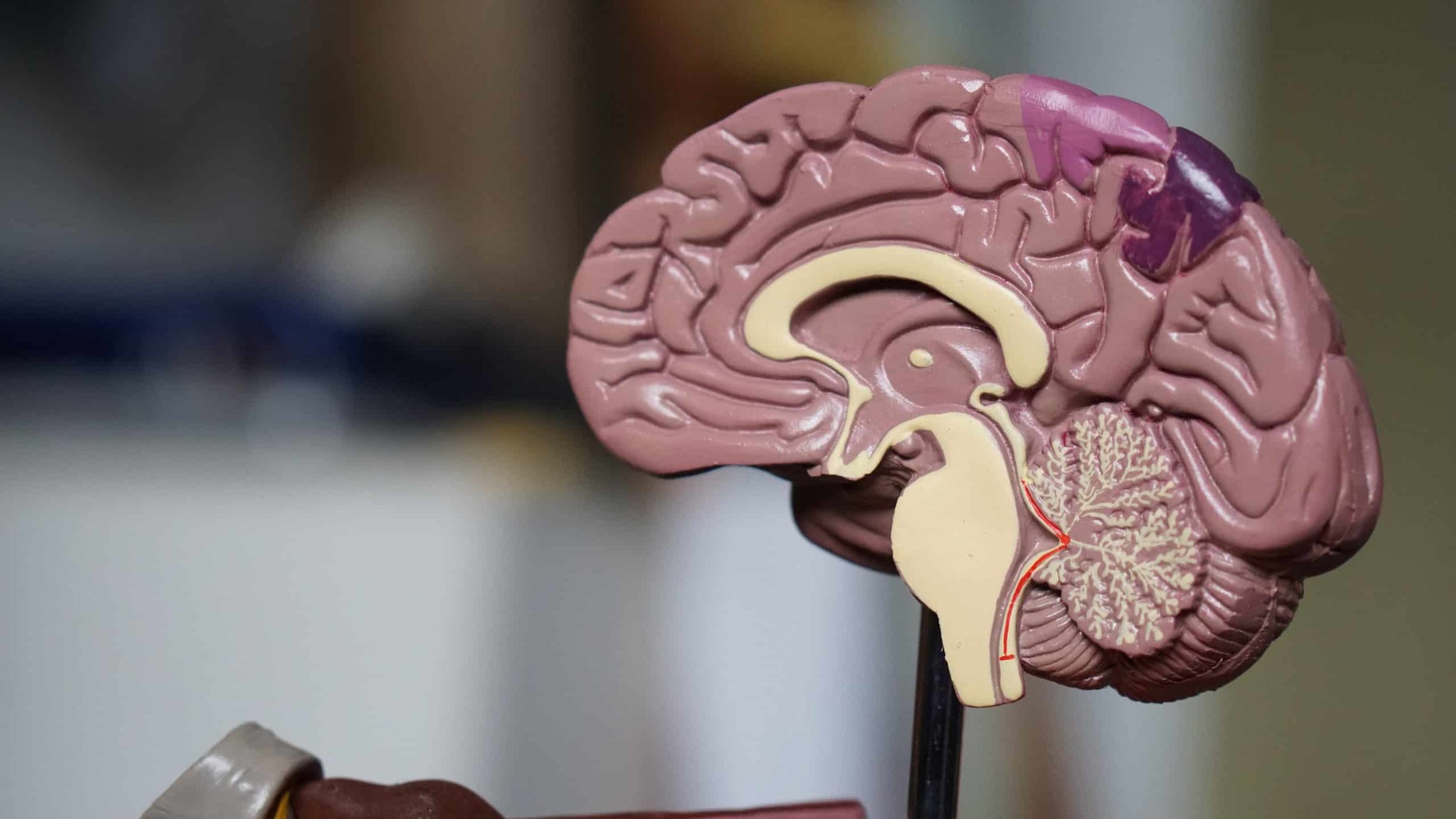There’s more to recovery from an addiction than just beating the cravings and avoiding triggers. Some form of therapy is a critical part of your recovery, both to relieve stress and help you move forward in life. When you have an addiction, stress and anxiety are common symptoms, which can make staying sober even harder. However, professional therapy can help you manage these issues, making it easier for you to maintain sobriety long-term. Here are some of the most commonly recommended types of therapy for those struggling with an addiction.
Tag: anxiety
Tips for Finding Addiction Recovery Support Programs that Meet Your Needs
Anyone who has recently left rehab knows that staying sober can be challenging at first. It might take a while before you feel comfortable with your new sobriety, but there are ways to help you get back on track again and establish good habits going forward. That’s why it’s important to have a recovery support program in place if you are in recovery from addiction. A recovery support program is designed specifically for people who are trying to overcome drug addiction and recover from their past habits safely and effectively. With these programs, people in recovery learn coping skills and healthy ways of thinking so they can rebuild their lives outside of their addictions.
How to Identify Common Behavior Patterns in Relationships Involving Addiction
All illnesses have associated indicators and patterns of behavior that can differ among conditions. These indications can have an effect on an individual’s emotional, physical, and interpersonal wellness. Addiction is one such affliction that often entails typical behaviors in social connections that one can identify. But it’s important to know what to look for. You’ll notice a change in a person’s overall behavior when these signs begin to appear. After all, these will likely be new behaviors not previously exhibited by the addicted individual.
A Study on the Effects of Addiction on Mental Illness
Addiction is a common and widespread problem today. According to the Centers for Disease Control and Prevention (CDC), approximately 18.5 million Americans struggle with addiction at any given time. This means that roughly one in every 13 people in this country has an addiction problem. If you or someone close to you has an addiction, then you might be able to relate to the effects of mental illness on addiction even more than before. Many people assume that having an addiction automatically means that they have a mental illness as well – but does that really have anything to do with the two being connected? In this article, we will explore how addiction can exacerbate mental illness, and what you can do about it if you’re struggling with both simultaneously.
Can Addiction Change Someone’s Personality?
If you have a loved one who is struggling with a drug or alcohol addiction, you’ve probably noticed a quick deterioration of his or her physical health. However, drastic personality changes often occur as a result of addiction too.
9 Alternatives to Antidepressants
Depression is a common issue that many Americans face. 16.1 million U.S. adults struggle with depression, which is the leading cause of disability worldwide.1 Many people with depression also have co-occurring disorders like substance abuse problems or sleep disorders that can increase the negative symptoms of both and make recovery very difficult. While only about […]







